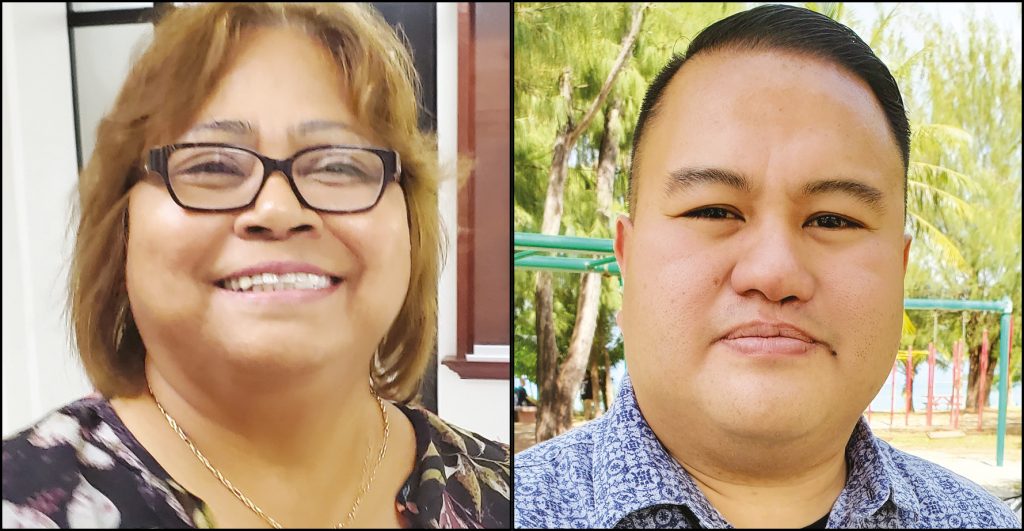‘Allow access to foreign hospitals’
Commonwealth Healthcare Corp. chief executive officer Esther L. Muña said Wednesday that they have already recommended to Medicaid to approve a state plan to allow foreign hospitals to be covered under their program.
In response to questions by Rep. Manny Gregory Castro (Ind-Saipan) during the House Ways and Means Committee hearing on the proposed 2024 budget for CHCC, Muña said when they took over the Medical Referral program, now known as the Health Network Program, they knew it wasn’t sustainable as local funding wasn’t there.
Muña said they already had discussions with Medicaid about allowing foreign hospitals to be covered under the program, but it will require to be approved first by the CNMI governor and then reviewed and approved by the Region IX Medicaid Office.
By allowing foreign hospitals, Muña said, CHCC will see some savings in airfare and treatment.
She said they did sign Memorandum of Understanding agreements with some of the providers and they’re adding more with foreign hospitals.
“We’re not an insurance and we want the insurance company to be able to pay for medical care,” Muna said.
By having this MOU, she said, they can actually have, for example, pickup service or logistics service that can be accommodated.
“We’re working with that, but, again, the key component is Medicaid, because most of our patients that are being referred are actually Medicaid patients,” Muña added.
She said they are hoping that the foreign hospital state plan will be approved.
The CEO said they are also looking at allowing patients to go anywhere in the continental United States wherever their families are so that they can also reduce costs.
She said one of the drafts that they submitted to Medicaid was providing Presumptive Eligibility for 90 days for patients who are getting transferred out of CHCC so that at least they have some type of coverage and it will cover them the airfare.
Muña said some territories are covering subsistence and some territories are covering lodging and ground transportation.
“So those are the things that we would like Medicaid to approve and have the government approve it, federal and local so that we can actually have a sustainable program,” she said.
Castro said a lot of CNMI’s referral patients are being brought to places like Hawaii or California, which are expensive locations. He then asked about CHCC looking at other locations that are more affordable, like the Philippines or Taiwan.
He also asked if it is possible for CHCC to get a loan to procure a facility in those countries like a hotel where CHCC can also generate revenue—a place that can accommodate not just for indigent patients or people on medical referral, but other people in general.
Castro said he knows that a state plan in American Samoa allows them to send patients to New Zealand, which is not part of the U.S.
“I think a lot of the work really needs to go up to Medicaid to form a state plan that closes a lot of these gaps,” the lawmaker said.
Rep. Blas Jonathan T. Attao (Ind-Saipan) said he and Sen. Celina R. Babauta (D-Saipan) have been working with Guam to find out how they were accepted to allow Medicaid and Medicare patients to be seen in the Philippines.
“So they’ve got that contractor agreements. We have been working with Guam on how that process went so we can actually try to decrease the costs,” Attao said.
Kaitlyn Neises-Mocanu, who is the chief strategy officer at CHCC, said the strategy of reducing costs for medical referral is twofold—improving island services and expanding on-island services.
“It’s a shame that we’re spending so much money off-island and it’s local money,” Mocanu said.
She said beefing up local services is one component and that improving the data systems that they have around Medicare has been a priority for Muña and for the Health Network Program team.
Mocanu said the other component is maximizing Medicaid funding.
























